Urology
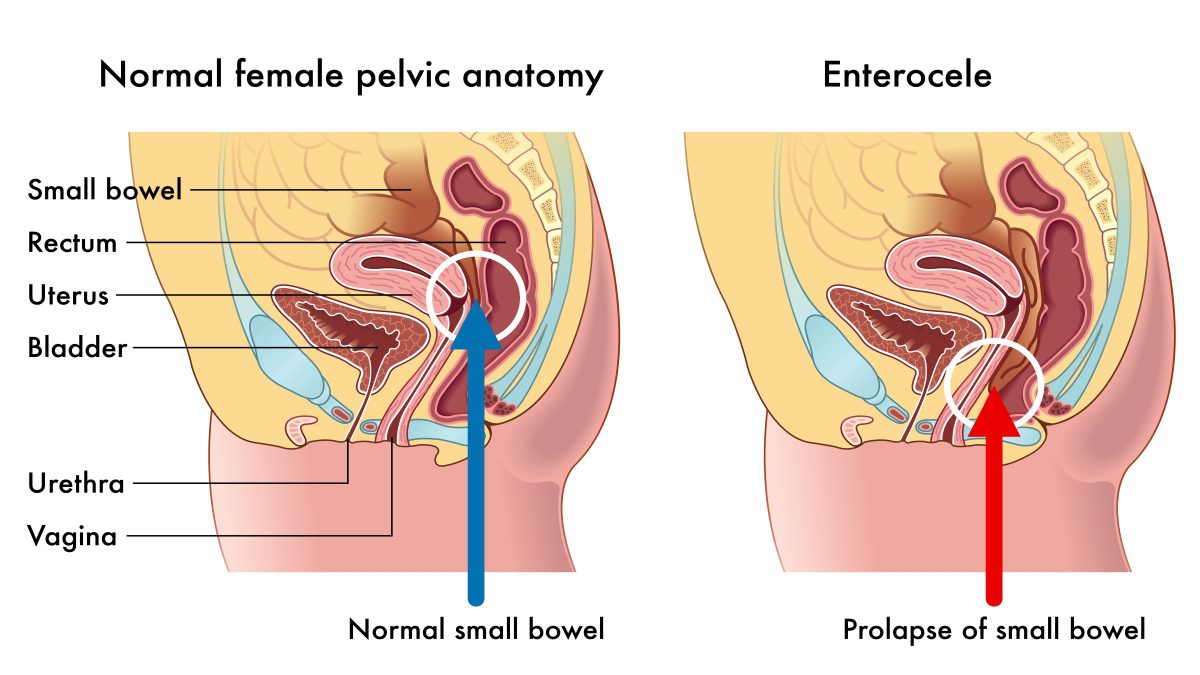

February 23, 2022












0












0
Condition. Small bowel prolapse (enterocele)
By Editorial Team (Y)
What is a small bowel prolapse? Prolapse of the small bowel occurs when the small intestine (or small bowel) gets pushed down into the lower pelvic cavity and pushes the upper portion of the vagina. As a result, a bulge creates.Small bowel prolapse can also be called an enterocele.The risk of experiencing small bowel prolapse […]
Read more


February 23, 2022












0












0
Condition. Urinary Incontinence
By Editorial Team (Y)
As people get older, some of them face such an uncomfortable and often embarrassing problem as urinary incontinence, in other words, loss of bladder control. Although urinary incontinence occurs more often with aging, it’s not an inevitable condition for older people. Most people can get rid of the symptoms of urinary incontinence by a healthy […]
Read more
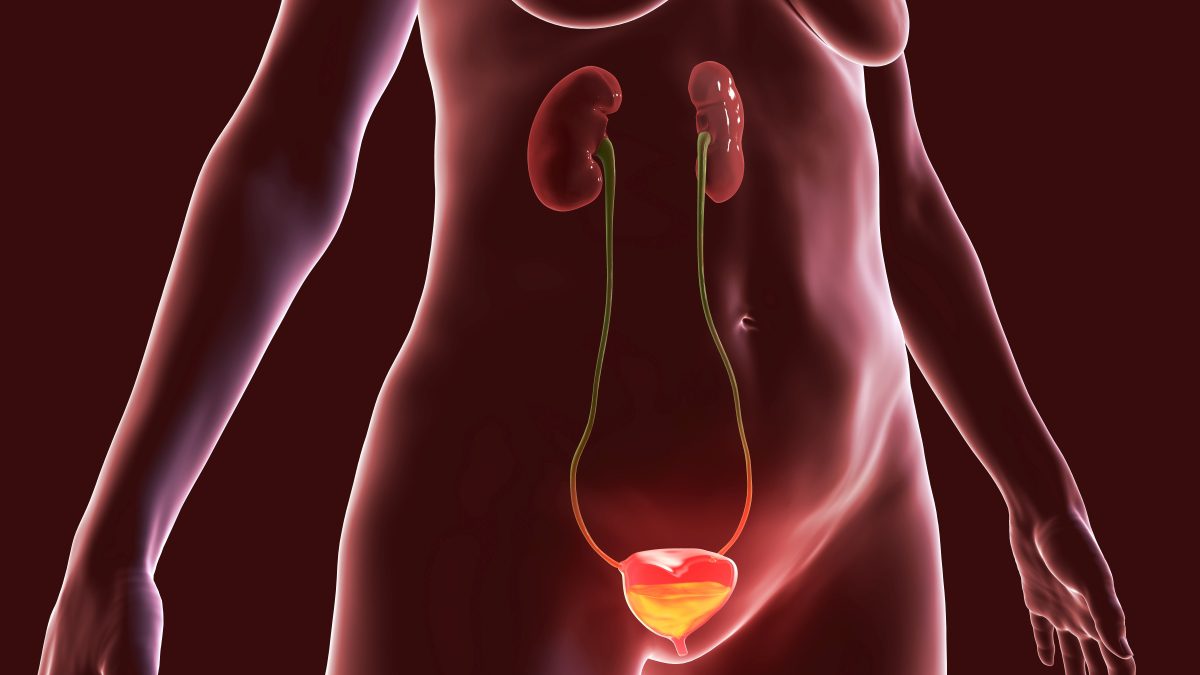

February 23, 2022












0












0
Treatment. Overactive bladder
By Editorial Team (Y)
Diagnostics of overreactive bladder It’s important to inform your doctor if you have an abnormal urge to urinate so that he can check to make sure you don’t have an infection or blood in your urine. Also, the doctor will check if you can empty your bladder completely.Commonly, in such cases, the doctor appointment will […]
Read more
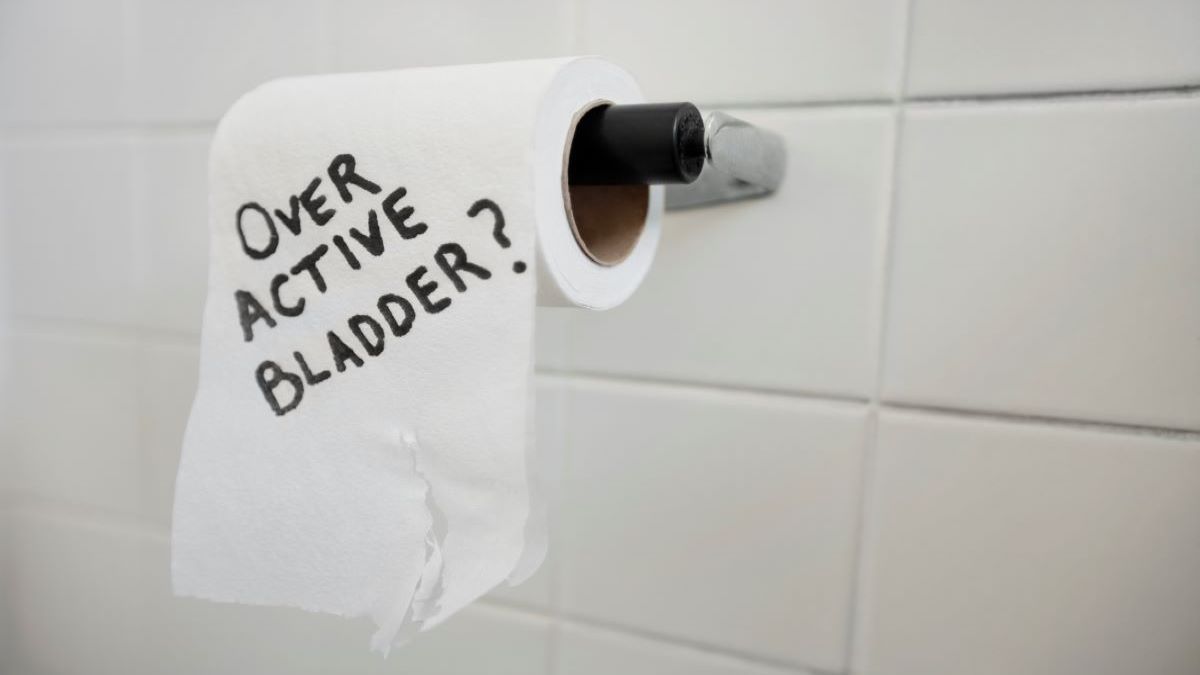

February 23, 2022












0












0
Condition. Overactive Bladder
By Editorial Team (A)
Overactive bladder (OAB) is a condition that causes frequent urination. An individual suffering from this syndrome may experience increased urges to urinate throughout the day and night. Occasionally, it can also be challenging to control the need to pass urine, and an accidental loss of urine may occur as a result.Without a doubt, an overactive […]
Read more
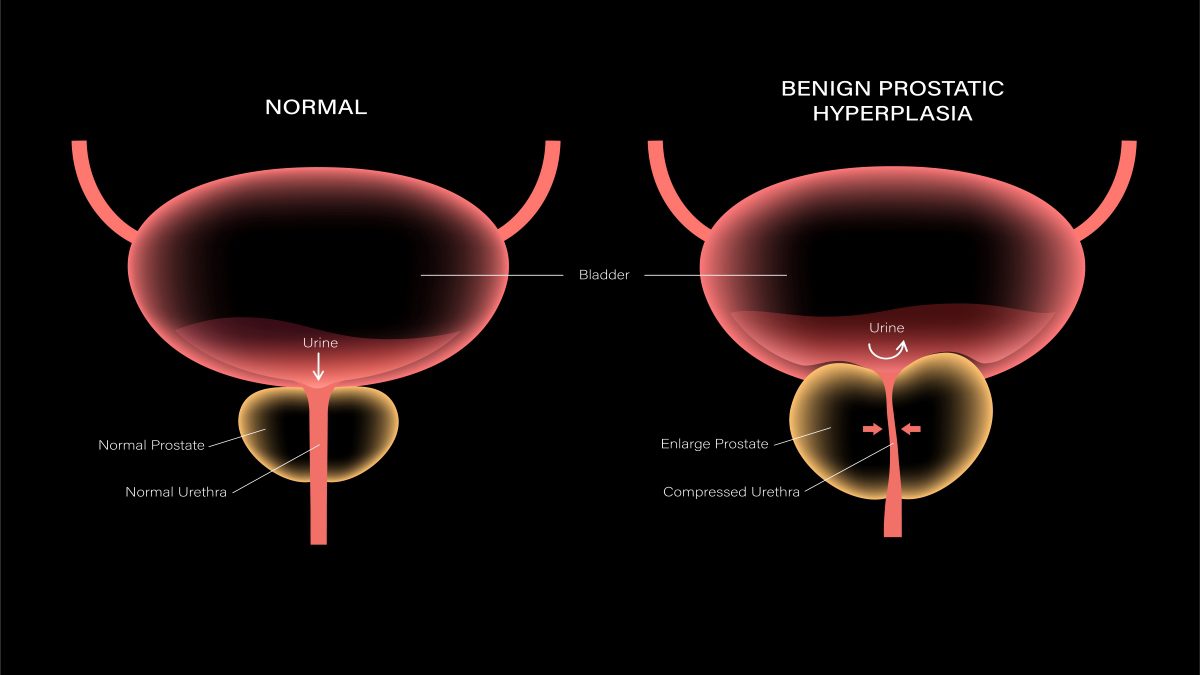

February 23, 2022












0












0
Treatment. Prostate BPH (Benign prostatic hyperplasia)
By Editorial Team (Y)
Diagnostics of BPH Firstly the doctor will ask questions about your health and perform an initial physical exam that includes a urine test, digital rectal exam, blood test, and prostate-specific antigen (PSA) blood test.Based on the initial examination results, your doctor may prescribe extra tests to confirm benign prostatic hyperplasia and exclude other possible medical […]
Read more
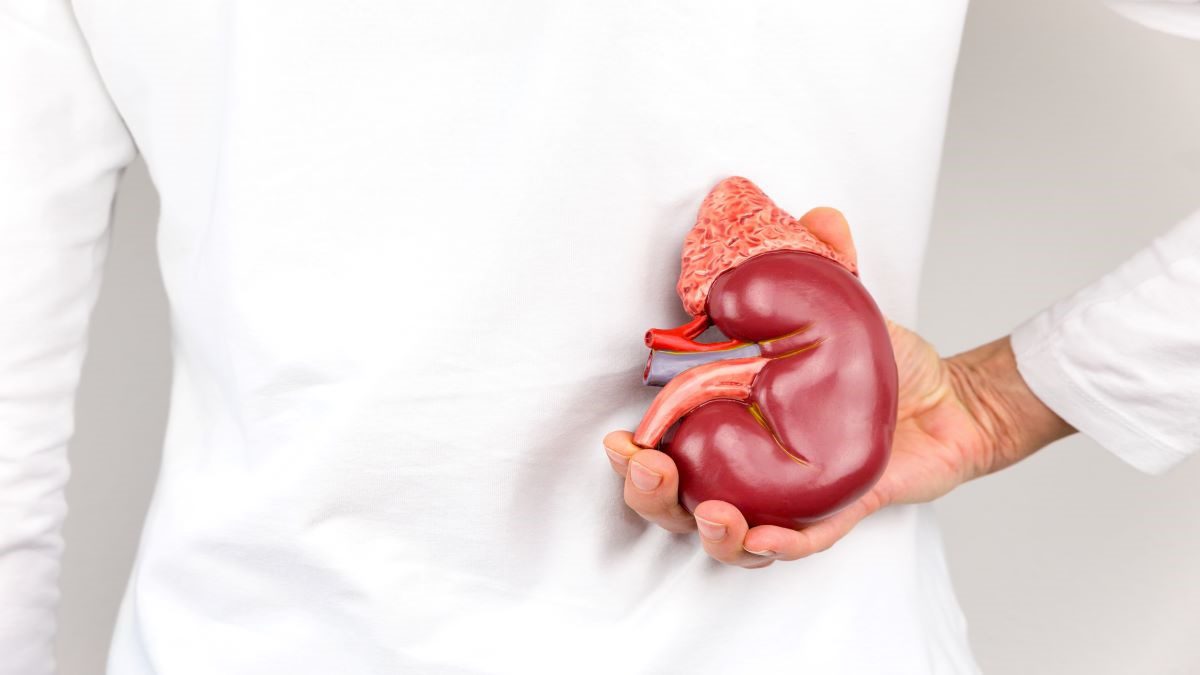

February 23, 2022












0












0
Condition. Kidney Stones
By Editorial Team (A)
Kidney stones are clusters of crystallized salts and minerals formed inside the kidneys. This condition can be uncomfortable and painful and should be treated at early stages to avoid complications. Kidney stones may impact any part of the urinary tract. Kidney stones types There are several types of kidney stones. Knowing which type of stones […]
Read more


February 23, 2022












0












0
Treatment. Kegel Exercises (Men)
By Editorial Team (A)
In different parts of the body, muscles play an active role in organs support. For example, in the pelvis, the set of muscles called pelvic floor muscles performs this task. Their normal functioning is essential for the correct work of bladder and bowel in men. In addition, pelvic floor muscles contribute to the sexual function […]
Read more
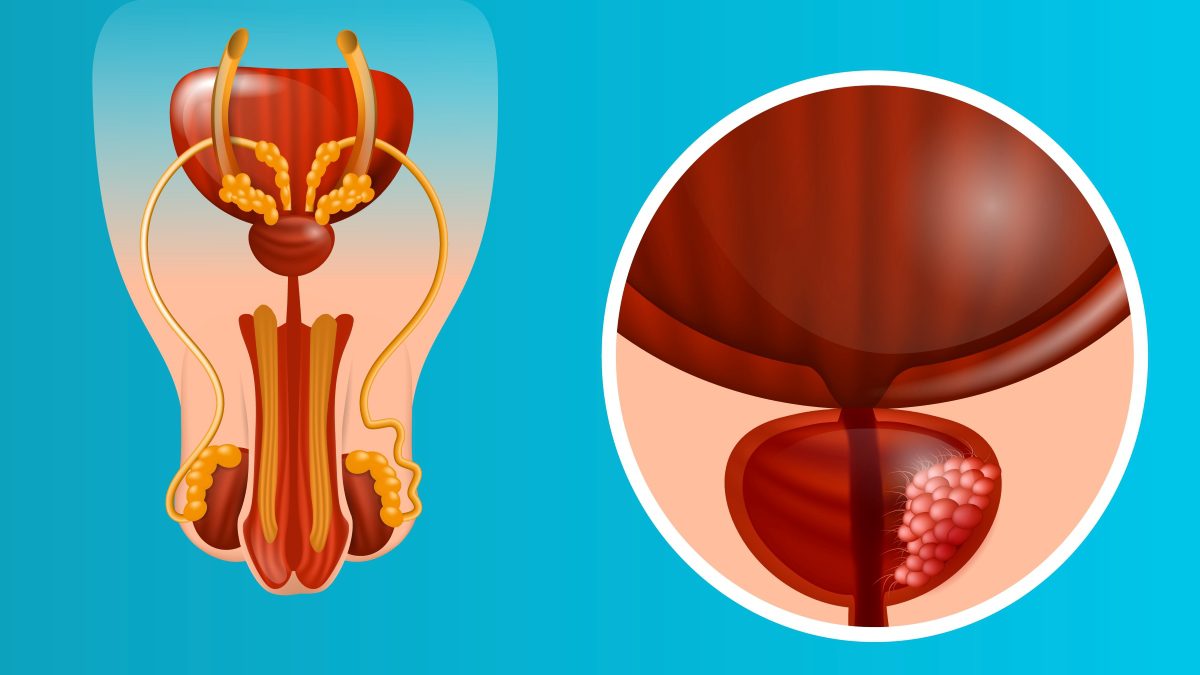

February 23, 2022












0












0
Prostate Cancer
By Editorial Team (Y)
Definition In prostate cancer (or prostate carcinoma), cancerous growth develops in the prostate. Metastasizing (spreading of cancer cells outside the prostate) is possible. Initially, there may be no symptoms. However, as it progresses, it can cause bloody urine, difficulty urinating, pain in the pelvis, back or when urinating (similar symptoms as benign prostatic hyperplasia have). […]
Read more


February 23, 2022












0












0
Treatment. Kegel exercises (Women)
By Editorial Team (A)
There is a group of muscles called pelvic floor muscles that support some organs of the pelvic cavity. In women, these organs are the uterus, bladder, small intestine, and rectum. However, under conditions like disease, surgery, childbirth etc., pelvic floor muscles become weak. Therefore, they cannot support the mentioned organs adequately. In turn, the inability […]
Read more
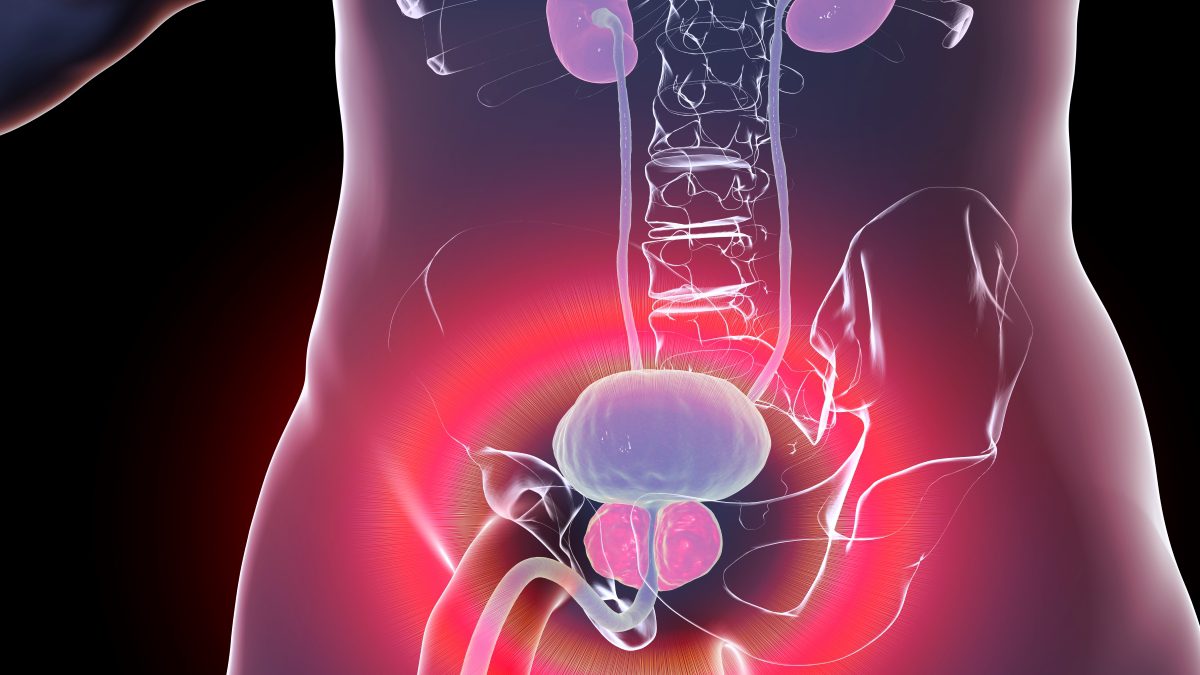

February 23, 2022












0












0
Treatment of Benign Prostatic Hyperplasia with Transurethral Resection of the Prostate
By Editorial Team (Y)
What does TURP mean? Transurethral resection of the prostate (TURP) is the surgical method for benign prostatic hyperplasia treatment. The main goal of this procedure is to remove the part of the prostate gland which causes uncomfortable prostate enlargement symptoms. Transurethral resection is made through the tube that passes urine down from the bladder to […]
Read more












